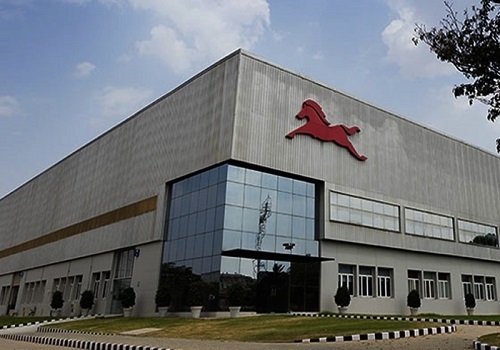Post RBI Policy comment by Pankaj Pathak, Quantum Mutual Fund

Follow us Now on Telegram ! Get daily 10 - 12 important updates on Business, Finance and Investment. Join our Telegram Channel
Below are Post RBI Policy comment by Pankaj Pathak, Fund Manager-Fixed Income, Quantum Mutual Fund
We may have seen a nascent attempt by the Reserve Bank of India to ‘normalise’ the monetary policy operations.
Over the next six months, we would expect RBI to reduce the excess liquidity in the banking system. Accordingly, we would expect an increase in the reverse repo rate from 3.35% to 3.75%, and as growth stabilises, a subtle move away from the accommodative stance and then to a gradual beginning of rate hikes to narrow the gap between short term rates, currently below 4% and current inflation (~ 5.5%).
The split in the MPC voting from 6-0 to 5-1 on the stance of the monetary policy and the relative confidence in the RBI to announce higher Variable Rate Reverse Repo Auction (VRRR) auctions suggests the thinking within the RBI to begin the process of normalising liquidity and interest rates.
The increase in VRRR should lead to an increase in overnight to short-term rates and this bodes well for liquid and money market funds in comparison to bank savings account rates. As the market prices in a change in the stance, we should expect an increase in bond yields, particularly in the short to medium term segment, but the RBIs G-SAP operations will smoothen the impact. The above 10-year segment of the bond market will also rise, but it has already priced in inflation risks and we do not expect a large increase in yields in that space for now.
There is still very high uncertainty on the future trajectory of interest rates. Thus, for long-term asset allocation in fixed income space, investors should go with dynamic bond funds which has the flexibility to change portfolio positioning depending on market circumstances. However, for any such investment be prepared to hold your investment for a longer horizon and tolerate some volatility in the intermittent period.
The risk to growth can come from an adverse third wave and further worsening consumer demand due to lower incomes.
The larger risk for the bond markets remains oil prices and global commodity prices. The RBI will hope that the government can manage commodity prices through the reduction in import duties.
Above views are of the author and not of the website kindly read disclaimer










Tag News

Monthly Debt Market Update, September 2023: CareEdge Ratings













